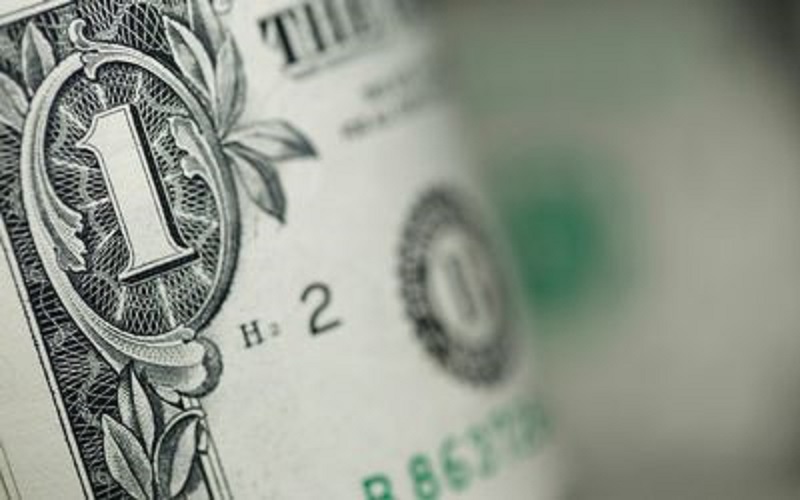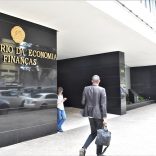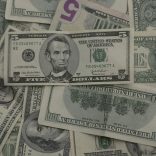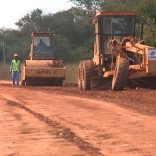Mozambique only authorizes hiring 4,142 workers for the civil service in 2025
Mozambican official accounts already include hidden debts

File photo
The incorporation into the official public accounts of the $1.4 billion of hidden loans marks an important step in the financial scandal that has seen Mozambique go into default, and cut off international funding to the country.
The prime minister argued in Parliament late last week that placing the US$1.4 billion in state debt in the 2015 state accounts was the best way to ensure oversight of these loans, which in the last year have been a constant presence in the pages of the international economic press.
In February last year, on the eve of the debt restructuring of the Mozambican Tuna Company (Ematum), investors and rating agencies began to realise that Mozambique would have difficulty honouring its financial commitments.
The government presented a proposal to exchange Ematum bonds for sovereign bonds, promising higher annual interest rates in exchange for an extension in the loan repayment period from 2020 to 2023, arguing that this would allow time for the gas revenues to reach the state coffers.
What followed, however, was a slew of negative financial news for Mozambique, beginning with the April disclosure by the Wall Street Journal of a US$622 million loan taken out in 2013 by Proindicus.
International lenders and the International Monetary Fund cut funding to the country and the government acknowledged two more undisclosed loans, one taken out by Mozambique Asset Management (MAM) in 2014, worth US$535 million, and a third by the Ministry of the Interior, worth US$221 million.
Also in April of last year, a confidential report by the Ministry of Finance putting the total debt forecast for 2015 at US$11.1 billion, US1.6 million above official figures, came to light. That figure put the public debt-to-GDP ratio dangerously close to 100 percent, well above the IMF threshold for lending money to over-indebted states.
The case then crossed over from the economic to the political sphere, with the government criticised for sanctioning loans taken out without the knowledge not only of the country’s international donors, but without the knowledge of the Assembly of the Republic, too, casting doubt on their legality.
By the end of the first half of the year, the scale of the problem became even clearer. With no external financial assistance and public accounts heavily affected by the international environment and factors such as low commodity prices, slowing of the Chinese economy and postponement of investment decisions by oil companies, Mozambique faced a currency crisis and a generalised price increase.
The IMF demanded an international debt audit before resuming negotiations on financial aid, and in October the government decided to change its strategy: it acknowledged at a meeting with investors in London that it did not have the money to pay international debts, and asked for a restructuring of the repayment conditions.
Creditors reacted badly, creating a deadlock only to be broken when the audit commissioned from the Kroll consultancy is disclosed, perhaps in July, since the Attorney General is also conducting an investigation, said by the news reports to focus on the current president of the Republic, Minister of Defence at the time the public companies took out the hidden loans.
With the failure in January of this year to pay the first instalment of the bonds that were issued for the exchange of Ematum bonds a year earlier, Mozambique went into default and rating agencies downgraded sovereign debt, in practice making it impossible for the country to access financial markets, not only because of the high interest rates demanded, but also because of the history of non-payment.
The international debate also touches on how it was possible for two public companies to receive more than US$1 billion from international investors without it being reported, and without investors being cautious about the financial conditions of these companies?
Several NGOs and some political movements have argued that Mozambique should not repay the debt because it is illegal, and financial authorities in the United States, the United Kingdom and Switzerland are also investigating the performance of intermediary banks Credit Suisse and Russia’s VTB.
The government however says that it wants to repay the debt, but in better conditions, on which it faces resistance from lenders.













Leave a Reply
Be the First to Comment!
You must be logged in to post a comment.
You must be logged in to post a comment.